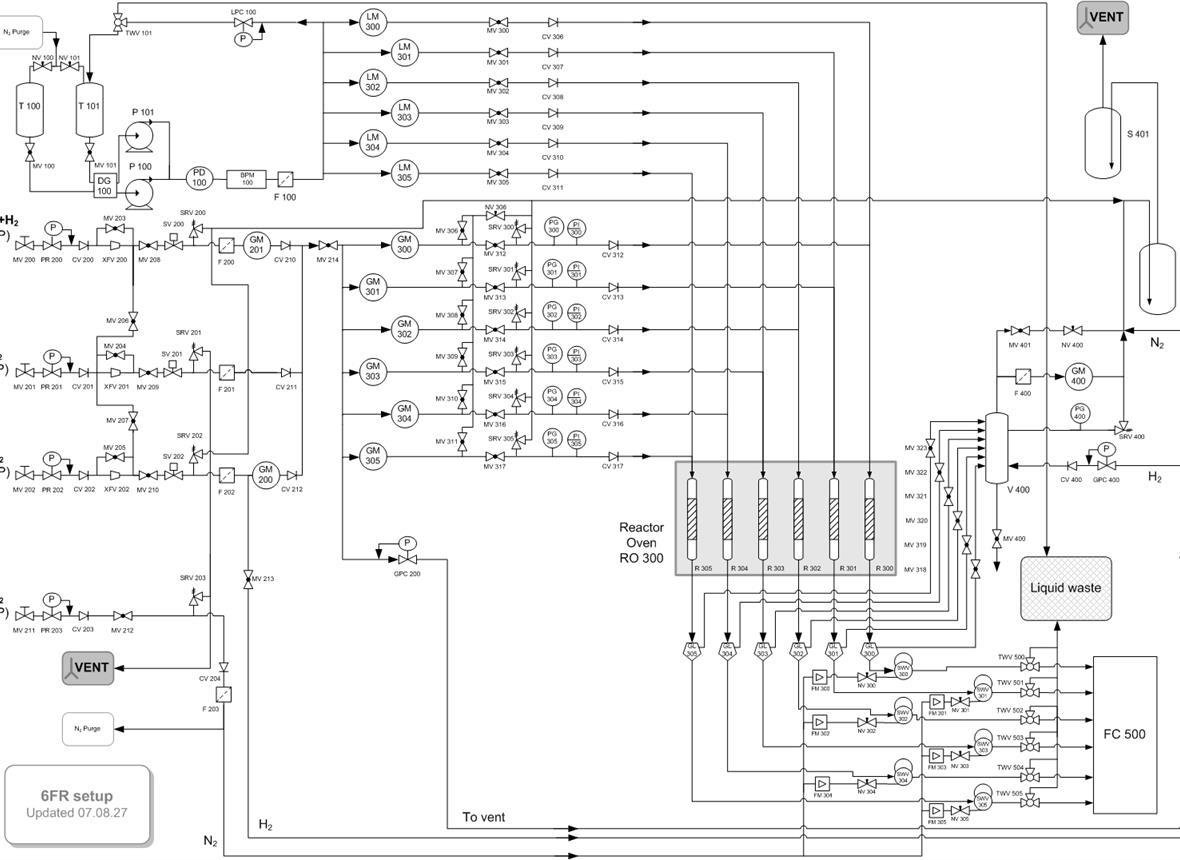Fuel production via catalytic cracking of pre-hydrotreated heavy-fuel oil generated by marine-transport operations
by
Izaddoust, Hita, Zambrano, Trueba, Palos, Zhang, Epelde, Arandes, Castaño
Fuel
Year:
2022
DOI:
https://doi.org/10.1016/j.fuel.2022.124765
